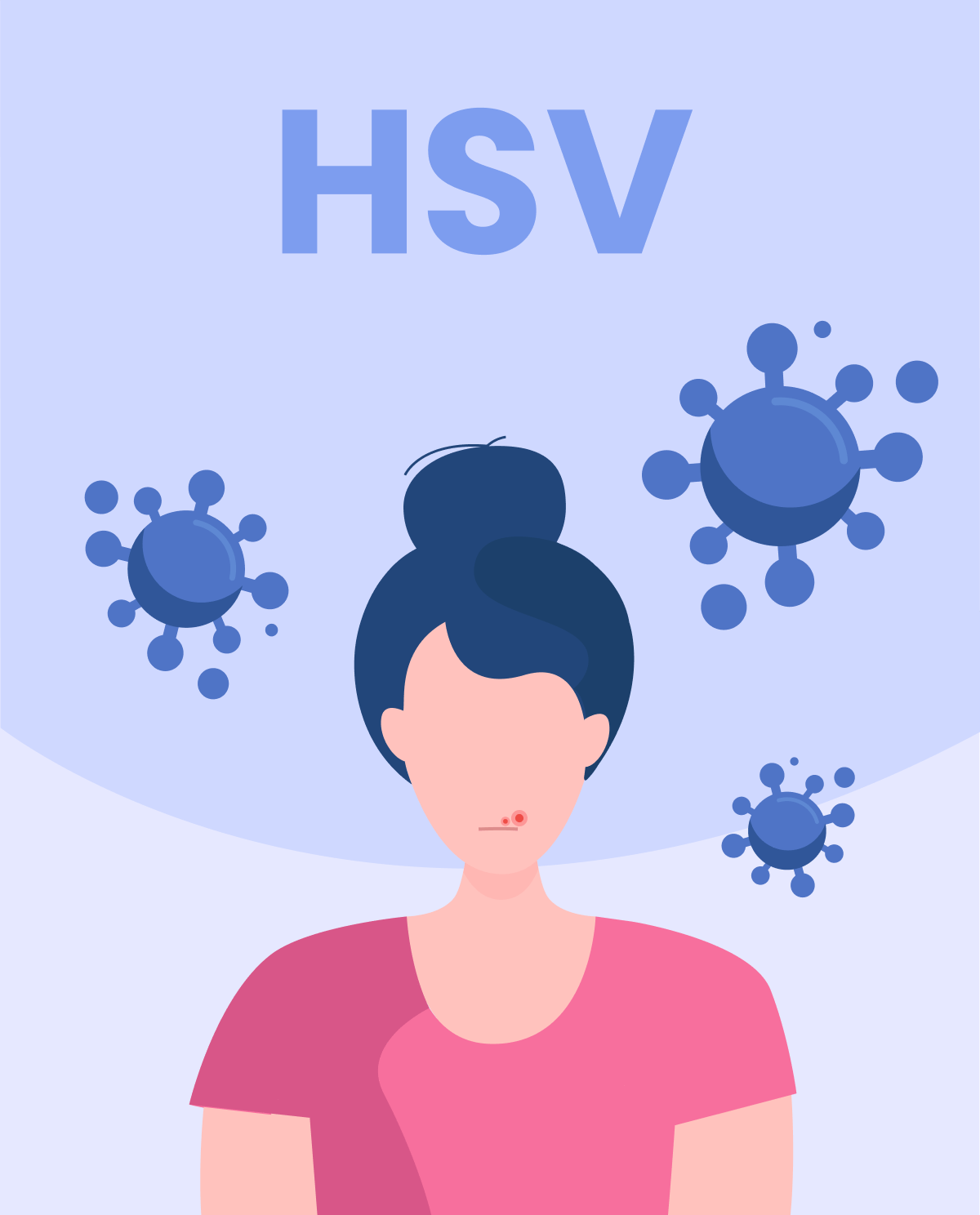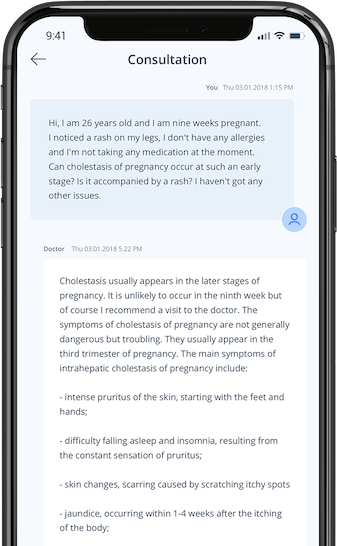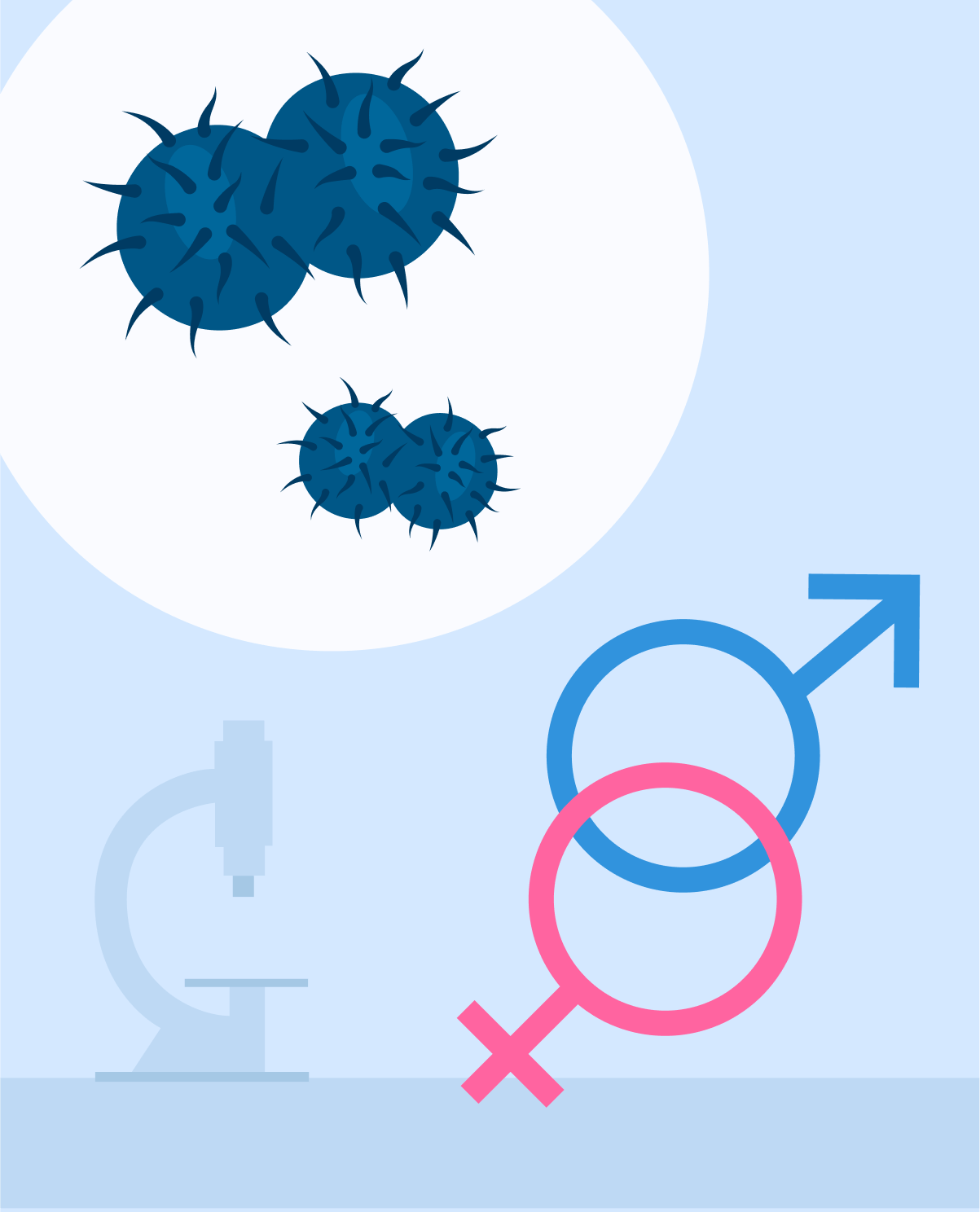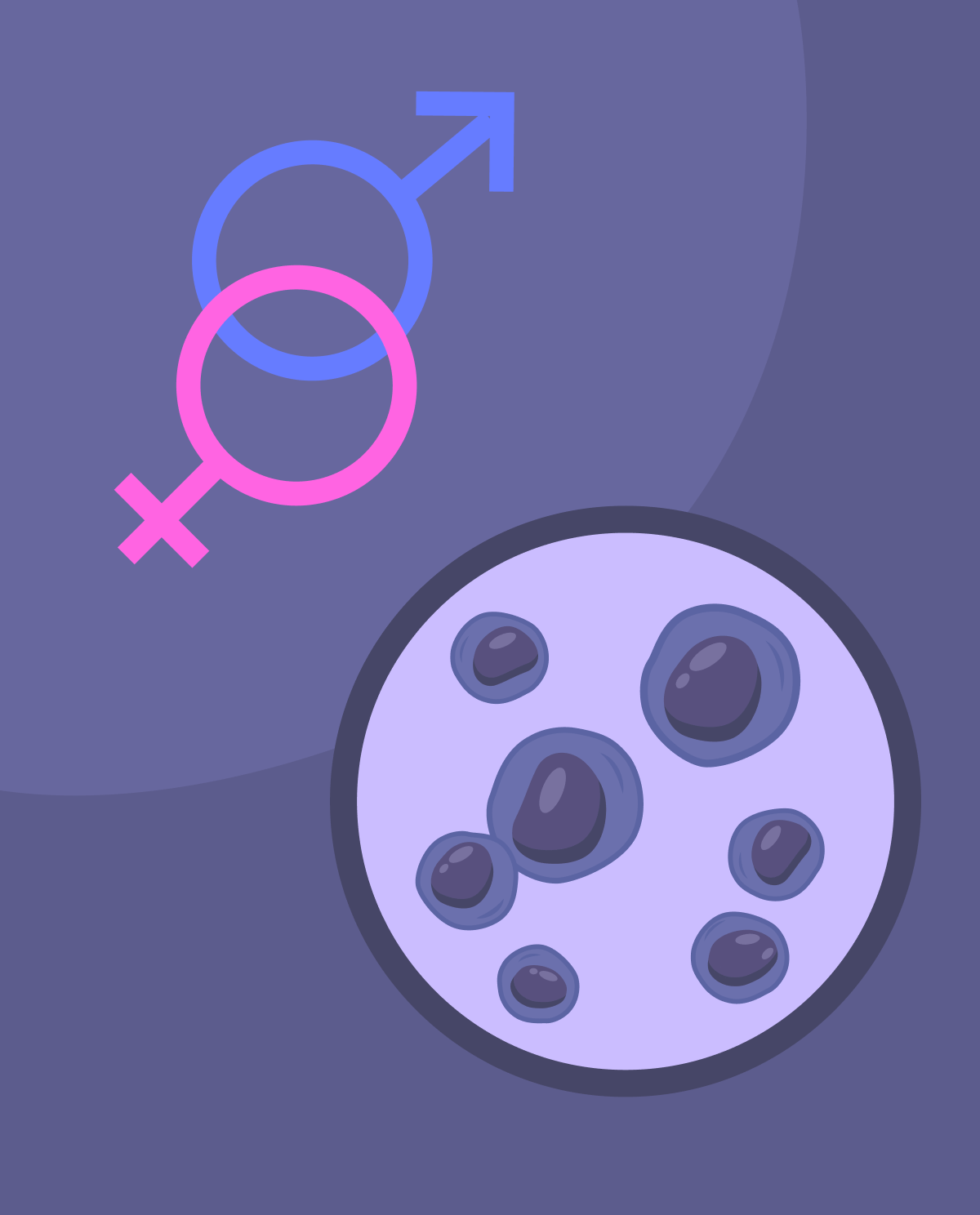Signs and symptoms of HSV
HSV-1
- Cold sores: These are small, fluid-filled blisters that typically form on or around the lips, but can also occur on the nose, chin, or cheeks.
- Tingling or itching: Before the cold sores appear, some people may experience tingling or itching around the mouth or nose.
- Pain: The blisters can be painful, and they may break open and form a crust.
- Fever and swollen lymph nodes: Some people may develop a fever and swollen lymph nodes in the neck during a cold-sore outbreak.
It should be noted that cold sores caused by are highly contagious and can be spread through close contact (kissing or sharing utensils and/or towels with an infected person.
HSV-2
In addition to the above-mentioned signs and symptoms, other symptoms are specific to this virus such as their location (anus, genitals, or buttocks), flu-like symptoms and painful urination.
It should be noted that genital herpes caused by HSV-2 is highly contagious and can be spread through sexual contact, including vaginal, anal, and oral sex.
Diagnostic methods
- Viral culture: This involves taking a swab from a blister or sore and growing the virus in a laboratory.
- Polymerase chain reaction (PCR) test: This test detects the genetic material of the virus and can be used to diagnose HSV even if there are no visible symptoms.
- Blood tests: Blood tests can detect the presence of antibodies to HSV in the blood.
Treatment and prevention of HSV
There is currently no cure for HSV but, antiviral medications can help manage symptoms and reduce the frequency and severity of outbreaks. These medications can be taken orally or applied topically to the affected area, and include drugs such as acyclovir, valacyclovir, and famciclovir. In addition to antiviral medication, pain relievers, and topical anesthetics may be used to help manage symptoms.
To prevent the spread of HSV, it's important to practice safe sex, such as using condoms during sexual activity. It's also important to avoid sexual activity during outbreaks when the virus is most easily spread. In addition, individuals with genital herpes should inform their sexual partners about their condition so that they can take steps to protect themselves.
Other prevention methods include the following:
- Avoiding contact with the sores or blisters of someone who has herpes.
- Washing hands frequently, especially after touching affected areas.
- Refraining from sexual activity if you or your partner have active herpes sores or blisters.
- Not sharing items that may have come into contact with the virus, such as towels or razors.
- Practicing good hygiene, including keeping the affected area clean and dry.
It's important to note that even with the use of safe sex practices and other prevention methods, it is still possible to contract herpes.








